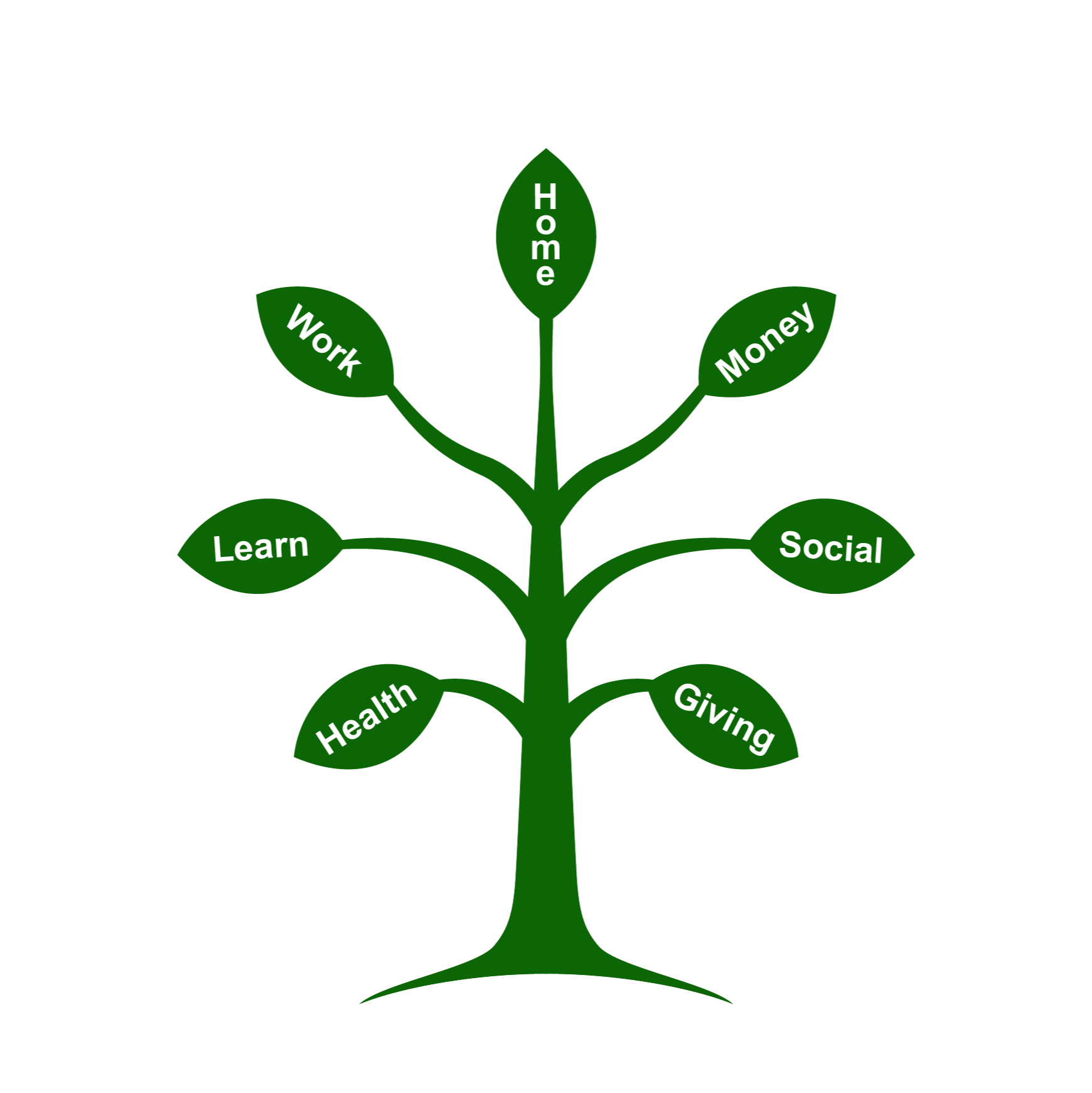Affordable Animal Welfare

“The greatness of a nation can be judged by the way its animals are treated.”
— Mahatma Gandhi
You can do so much to promote animal welfare day. It doesn’t have to cost you a lot of time or money, and the payback for your furry friends can be enormous. Here are eight things you can do right now to start making a difference.
Follow the leaping bunny. It’s easy to steer your purchases toward products that don’t test on animals. All you have to do is look for the leaping bunny symbol. You can spot it on tons of products from shampoos to shaving creams, and you don’t even have to go to a specialty retailer to find them — there are plenty of options right on your grocery store shelf. You can find a handy cruelty-free shopping guide on the leaping bunny website.
Make Mondays meatless. This simple dietary shift started as a voluntary rationing initiative by Woodrow Wilson during WWI (except then it was on Tuesday and included one meatless meal a day). Today, Meatless Mondays have gained popularity to promote animal welfare, and human and ecological health. It supports the Humane Society of the United State’s 3R strategy for humane eating:
- Reduce animal-based food consumption.
- Refine dietary choices to promote producers who maintain higher welfare practices.
- Replace animal products with plant-based alternatives.
Bee a good gardener. Plant native flowers of various sizes and colors to attract bees. Try to have something in bloom throughout the year, if possible. Go easy on yard chemicals and forgo mulch in some areas to allow bees to nest in the ground, as many species do. As pollinators of much of the world’s food supply, bees are a crucial part of our ecosystem and are increasingly under threat for reasons that are not entirely clear — although increased use of certain insecticides is one suspected cause. Give bees a helping hand and they’ll return the favor many times over.
Do a litter bit. Improperly disposed of trash is not only an eyesore, but a real threat to wildlife. In the ocean, fishing lines and plastic waste can kill fish and marine mammals. Land animals can incur similar injuries. The next time you take a road trip, why not pack a couple of garbage bags and rubber gloves in the car and leave the beach or park a little safer for animals than when you found it? Whether you clean up as part of a community project or just make a habit of picking up litter when you see it, you’ll save lives while beautifying the landscape.
Supply your shelter. While you’re decluttering your linen closet, you can provide comfort and care to animals in shelters waiting for their forever home. Dogs and cats can cuddle up in your old towels and blankets. On its website, the Humane Society features suggested items for donation, as well as some things they won’t accept.
On your way to the shelter, why not stop at the grocery store and pick up some cans of pet food and bags of kitty litter? And when you get there, consider volunteering to walk a dog or clean out a cage. That’s exactly how we found our dog Snickers, who shared our life for more than 19 beautiful years.
Provide creature comforts. Make your yard a welcoming habitat that supports local wildlife. Add native plants for food and pollen, a water source and shelter such as nesting boxes. Avoid chemicals and pesticides that could harm birds, bees and other animals. Here’s an article from the National Wildlife Federation with more information on what you can do right in your own backyard.
Don’t feed the …. Sometimes animal welfare is about what you don’t do. Refrain from giving treats to bears, gators or raccoons. Such species can easily lose their fear of humans and quickly become a safety hazard. It’s also important to refrain from feeding large water fowl, unless you’re giving them species-appropriate food. Watch those breadcrumbs — swans, ducks and other such animals can develop a wing deformity when fed a diet high in human food content. Be sure to secure trash bins at home from curious critters.
Support a senior. When seniors are hospitalized, they risk losing their pets if no one steps up to lend a helping hand. Many healthy dogs and cats can end up in shelters and even euthanized when their pet parents can’t take care of them due to illness or injury. Pets can be a tremendous source of companionship and emotional support for the elderly, so helping to preserve that relationship might not only save an animal’s life — but their person’s too.
Leave a lasting legacy. You can have an impact even after you’re gone by remembering your favorite animal charity in your will. Your bequest will continue your good works in the service of animals everywhere — or in your community. There are a number of options in terms of how such a gift can be made. Discuss your wishes with an estate planner to determine what will be best for the charitable organization you wish to support and your personal financial plan.
A Better Place for All
There are so many ways to support the furry, scaly and winged creatures all around us. Take a moment to consider how you can contribute to animal welfare and help improve the lives of the many species with which we share the planet.
Sources:
http://m.humanesociety.org/animals/resources/tips/feeding_birds.html?credit=web_id86139783
https://www.nwf.org/Garden-For-Wildlife/Create.aspx


